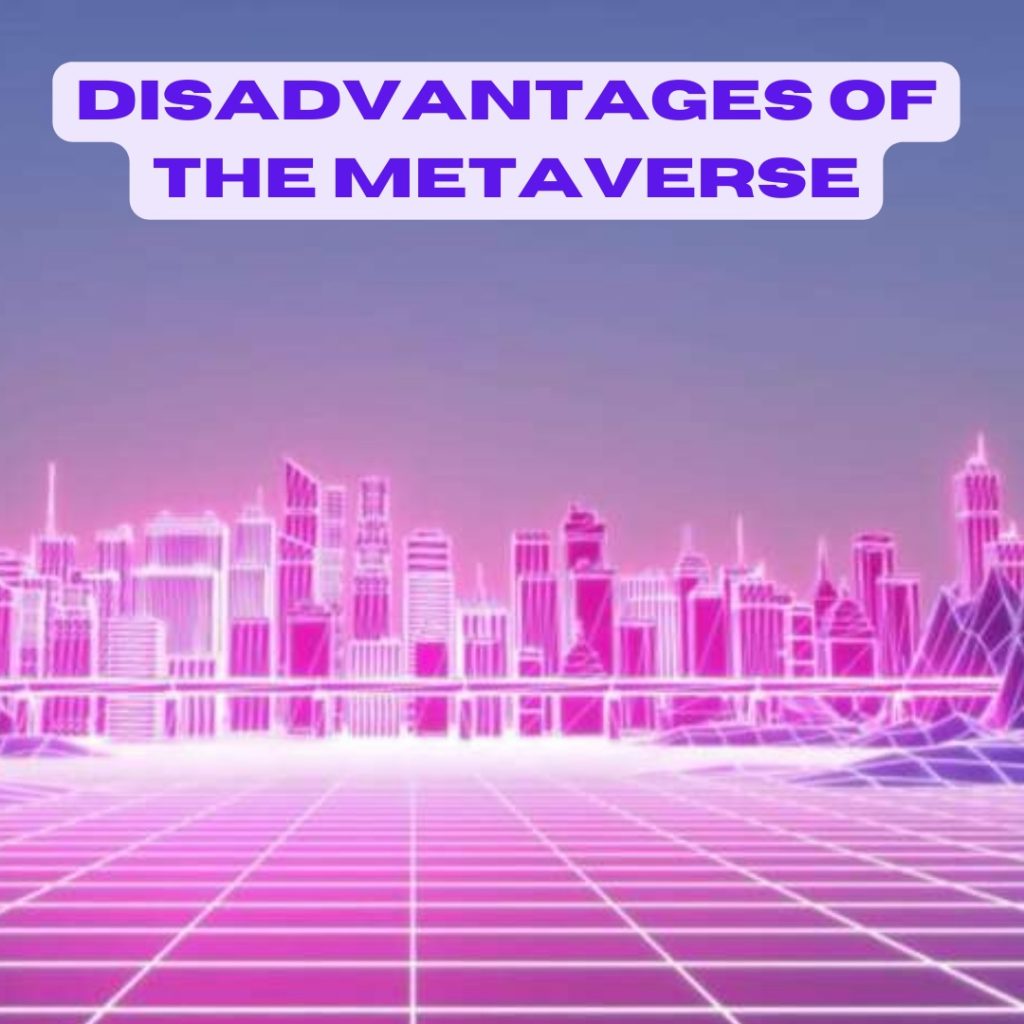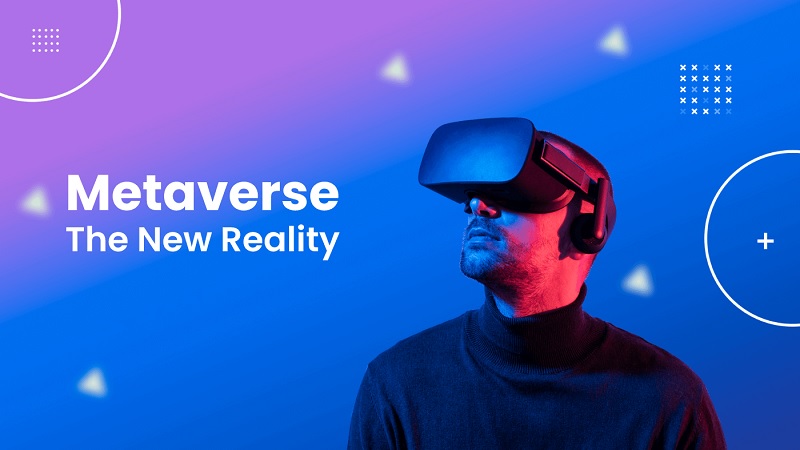
Defining Metaverse
The Metaverse is a term that has been gaining popularity in recent years, and refers to a virtual universe that acts as a collective space for people to interact, communicate and transact. It is a shared and interconnected virtual world that is created by the convergence of real and virtual reality. The Metaverse is not a new concept, it was first popularized by science fiction author Neal Stephenson in his novel “Snow Crash”. In the novel, the Metaverse is a virtual world that is inhabited by millions of people and is considered a parallel universe to the real world.

Accessibility
The concept of the Metaverse has evolved since its inception, and now refers to a virtual reality that is accessible to anyone with a computer and an internet connection. In the Metaverse, people can create and control their own digital avatars, interact with others in real-time, and participate in various virtual activities such as gaming, shopping, socializing and even working. The Metaverse is not limited to a single virtual world, it can be made up of multiple interconnected virtual realities, each with its own unique rules, environment, and experience.
The development of the Metaverse is being driven by advancements in technology, particularly in the fields of virtual reality, augmented reality, and blockchain. Virtual reality technology is providing a more immersive and interactive experience for users, while blockchain is enabling secure and decentralized transactions within the Metaverse. With the integration of these technologies, the Metaverse has the potential to become a new global network that offers a range of benefits to its users.
Benefits

Interaction with People
One of the most significant benefits of the Metaverse is the ability for people to interact with each other in a virtual environment that transcends geographical and physical boundaries. This opens up new possibilities for social interaction and communication, allowing people from all over the world to connect with each other in ways that were previously impossible. In the Metaverse, people can join virtual communities, attend virtual events, and even participate in virtual concerts and performances.
Commerce & Trade
Another benefit of the Metaverse is that it provides a new platform for commerce and trade. In the Metaverse, people can buy and sell virtual goods and services using digital currencies, enabling a new level of economic activity. This opens up opportunities for businesses to reach new customers and expand their markets, while also creating new job opportunities in areas such as virtual event planning, virtual real estate development, and digital content creation.
Privacy
The Metaverse is also seen as a potential solution to the issue of online privacy and security. With the decentralization of data storage and transactions through blockchain technology, the Metaverse offers a more secure and transparent environment for its users. This reduces the risk of data breaches, hacking, and other malicious activities, ensuring that users’ personal information is protected and their transactions are secure.
In addition to the benefits mentioned above, the Metaverse also has the potential to revolutionize the way we live and work. In the Metaverse, people can work and collaborate with others from anywhere in the world, reducing the need for physical office spaces and commuting. This opens up opportunities for remote work and telecommuting, which can have a positive impact on the environment and people’s quality of life.
Disadvantages
Metaverse has the potential to offer numerous benefits, there are also several disadvantages that need to be considered.

Regulation and Governance
Main concern is the issue of regulation and governance. In the Metaverse, the rules and policies governing behavior and transactions are not clearly defined, making it difficult to enforce laws and prevent negative behaviors such as cyberbullying and fraud. This lack of regulation and oversight can also create a hostile environment where users are at risk of exploitation and abuse.
Time
The issue of addiction is another disadvantage of the Metaverse. With the ability to immerse oneself in a virtual world, people may spend excessive amounts of time in the Metaverse, neglecting real-life responsibilities and relationships. This can lead to a loss of touch with reality, causing harm to both the individual and their relationships.
Financial aspect
The financial aspect of the Metaverse is another area of concern. In the Metaverse, people can buy and sell virtual goods and services using digital currencies, which raises concerns about the stability of the virtual economy and the potential for speculative bubbles and market crashes. In addition, the use of digital currencies raises questions about the security of transactions and the potential for fraud and theft.
Finally, the Metaverse has the potential to create a new form of social and cultural isolation. In the Metaverse, people can create and control their own digital avatars, which allows them to present a version of themselves that is not necessarily representative of their true identity. This can lead to a situation where people are more comfortable interacting with others in the Metaverse than in real life, causing them to withdraw from real-life relationships and interactions.
Conclusion
In conclusion, while the Metaverse has the potential to offer numerous benefits, there are also several disadvantages that need to be considered. These include the issue of accessibility, privacy and security, regulation and governance, addiction, financial stability, and social and cultural isolation. It is important for those who are involved in the development of the Metaverse to address these concerns in order to ensure that the Metaverse is a safe, accessible, and positive environment for everyone.
Table of Contents
Submitted by Uzair Ahmed


